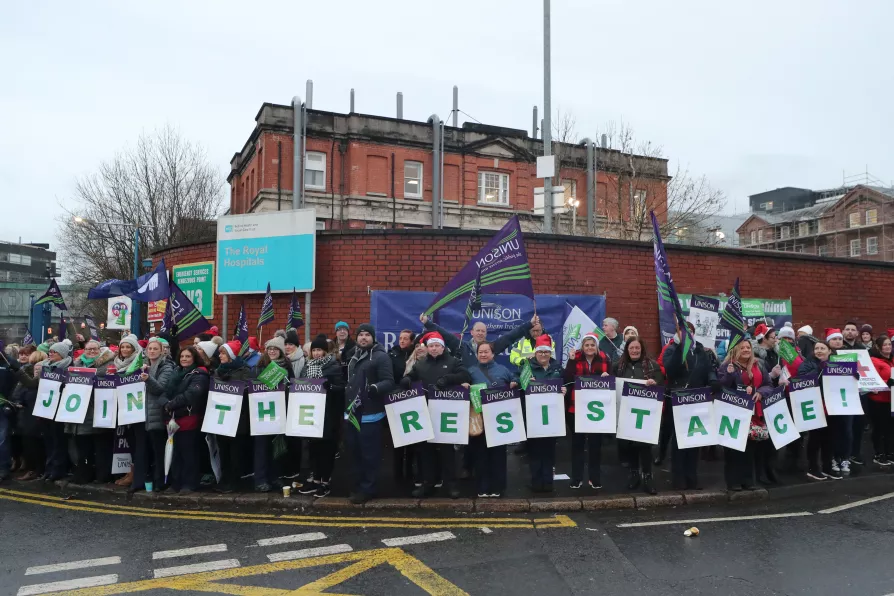RAMZY BAROUD offers six reasons why Netanyahu is prolonging conflict in the Middle East

 Every union at every level from the workplace upwards needs to make a full-on assessment of the effects of job loss — and what intervention is needed
Every union at every level from the workplace upwards needs to make a full-on assessment of the effects of job loss — and what intervention is needed
CAN we challenge the “inevitability” of the “hard times” that Rishi Sunak — ex Winchester public-school Head Boy, millionaire 10 times over, $700 million hedge-funder, speaking from his £7m home — tells us are “now here,” reassuring us that, despite this, “no-one will be left without hope and opportunity?”
Of course, he means none of his class will be left without opportunity.
We know from long bitter experience that crises and recessions such as those building throughout 2019 are inevitable features of the “failed free market” (as Unite’s Steve Turner called it in his challenging Star article over the weekend) and the anti-working-class politics that go with it. And we know from such experience too that no narrow or sectarian campaign can substitute for such a broadly led movement based in our workplaces, towns and villages.

MATT WRACK issues a clarion call for a rejuvenation of public services for the sake of our communities and our young people

The only way to develop and build a party of a new type that in any way threatens capitalism is at the same time to develop and build the mass movement around it, argues BILL GREENSHIELDS

BILL GREENSHIELDS invites all and sundry to this years’ Derby Silk Mill Lockout March, Rally and People’s Festival on June 7

BILL GREENSHIELDS urges an intensification of the information offensive against the impact of the spurious discourse peddled by Reform UK










